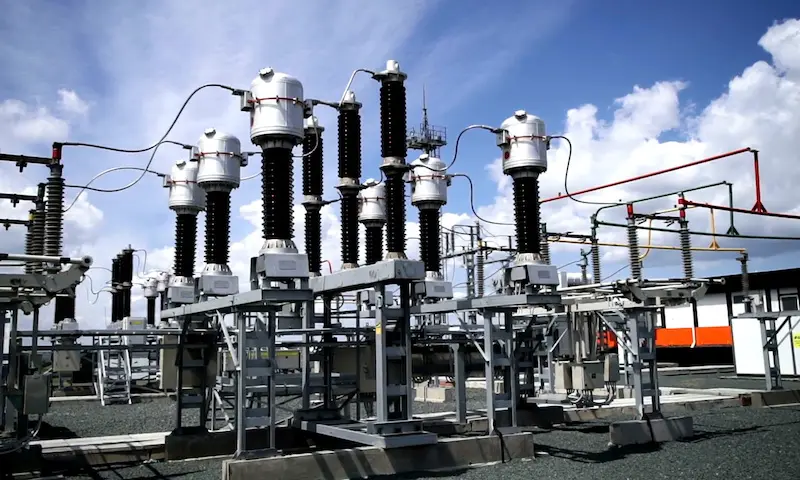Some operators have switched to gas-based solutions in an effort to stabilize operations at a lesser cost while weak power supply continues to plague many areas of Nigeria.
The decision has been rewarding, according to Chris Eze, managing director of Nicen Industries Limited, NICEN, whose company manufactures plastics and paint products in Aba, Abia state, including heavy coatings, car paints, decorative paints, high-quality emulsion, and gloss finishes.
He claimed that the corporation chose to use gas as a result of the inadequate power supply and high diesel prices, which had an impact on independent power generation.
He claimed that in order to establish a gas power plant, the company chose to get in touch with Clarke Energy, a global expert in the engineering, implementation, and maintenance of sustainable power generation systems.
According to Eze, Clarke Energy provided and commissioned a one megawatt (MW) gas power plant solution in June 2020. This solution comprised full front-end engineering design, installation, and project management. Clarke Energy is presently offering the plant’s top-notch maintenance support.
“Their engine is one of the best that we have seen,” said Eze, “Even before we got in contact with them, we made inquiries and found that Clarke Energy engines are good, and many companies in Aba are already using the company’s products. So we signed up.”
He commended the company’s regular scheduled maintenance, adding “This speaks volumes to its product quality because only a vendor confident in its products will undertake to periodically visit an installation site to carry out maintenance without fear.”
Despite the success of the initiative, Eze said. “Sometimes gas is unavailable through the pipelines for extended periods due to scheduled preventive or corrective maintenance.
“If the grid supply was regular, there wouldn’t be a need for an alternative power source. Therefore, to solve our power problem, we invested in owning our gas power plant.”
One of the major issues facing the business, according to him, is Aba’s inadequate road system, which slows down the flow of finished goods into Nigeria’s markets, notably those in Aba, Lagos, Kano, and Abuja.

